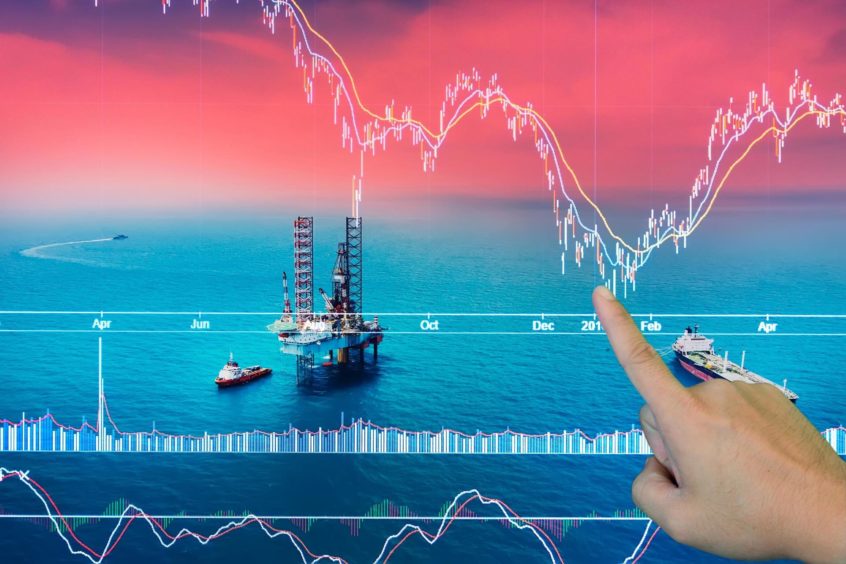
Investors are being increasingly influenced by environmental, social and governance (ESG) themes, but the “hunt for value” still takes centre stage.
Paul Weidman, corporate finance expert at advisory firm Gneiss Energy, said the ability of companies to generate cash flow and pay a dividend remained a key consideration for portfolio managers.
It means exploration and production (E&P) companies that are “getting it right” can continue to access equity capital markets to fund their growth, he said.
Weidman did acknowledged that ESG considerations coupled with years of underperformance were making it much more difficult for E&P players to raise funds in the London equity-capital market.
Traditional cornerstone investors like BlackRock, M&G and Legal and General have largely have distanced themselves from the sector after losing their appetite for hydrocarbons.
Weidman’s research depicts the challenging arena E&P firms found themselves in last year, a period marked by a collapse in oil prices.
A total of £323 million of equity was raised in 2020 for London-listed companies, across 94 transactions – an average of £3.4m per raise.
This is down from £450m raised across 84 transactions, at an average of £5.4m per raise, in 2019.
Go back further and the picture looks bleaker. Between 2005 and 2013, equity raises averaged more than £2.4 billion per year.
Furthermore, many of the raises in 2020 were launched in an effort to keep businesses afloat during the downcycle.
They were heavily discounted and much of the funding came from existing shareholders, according to Weidman.
However, since the oil price rebounded, there have been signs of shoots of recovery emerging.
In the final three months of 2020, the average size of raise increased to £7m, up from £2-3m in the previous five quarters.
This trend appears to have continued into 2021, Weidman said.
But stronger oil prices are not the only factor in this uptick.
Amid a wider “flight to ESG”, niche investment managers have been bucking the trend to take the place of traditional funds, helping to spark a “moderate recovery”.
The name of investment manager Premier Miton popped up in three E&P equity raises by London-listed firms in 2020, namely those of Touchstone Exploration, i3 Energy and Reabold Resources.
The proceeds were earmarked for appraisal work in the UK (Reabold), exploration and development projects in Trinidad and Tobago (Touchstone) and the acquisition of Canadian assets (i3).
Swiss private bank Lombard Odier weighed in for the i3 and Bahamas Petroleum fundraisers.
Nearly £130m of equity was raised for acquisitions and, perhaps surprisingly, more than £90m for exploration in 2020.
Weidman said this might not indicate the market is “open for exploration” once again.
Companies were targeting large prospects, or had demonstrated recent success, which proved tempting.
Describing what these new investors are looking for, Weidman said: “Whether the company is able to fund its business internally into the future is critical.
“While ESG themes are increasingly influencing investors, the hunt for value still takes centre stage.
“Those companies that can show a clear route to sustainable cash generation with the ability to pay a dividend can provide deep value.
“Size and scale are key components. Institutional investors are focusing on mid-to large-cap energy stocks where yield strategies can be employed.
“Single asset companies in individual jurisdictions are becoming increasingly less relevant to equity investors.”
He added: Geographically, it is proving difficult to raise funds in Sub-Saharan Africa and Eastern Europe.
“Geopolitical uncertainty is often seen by investors as an unnecessary risk, especially when there are numerous opportunities in jurisdictions elsewhere that are perceived as more stable or provide more security.”
